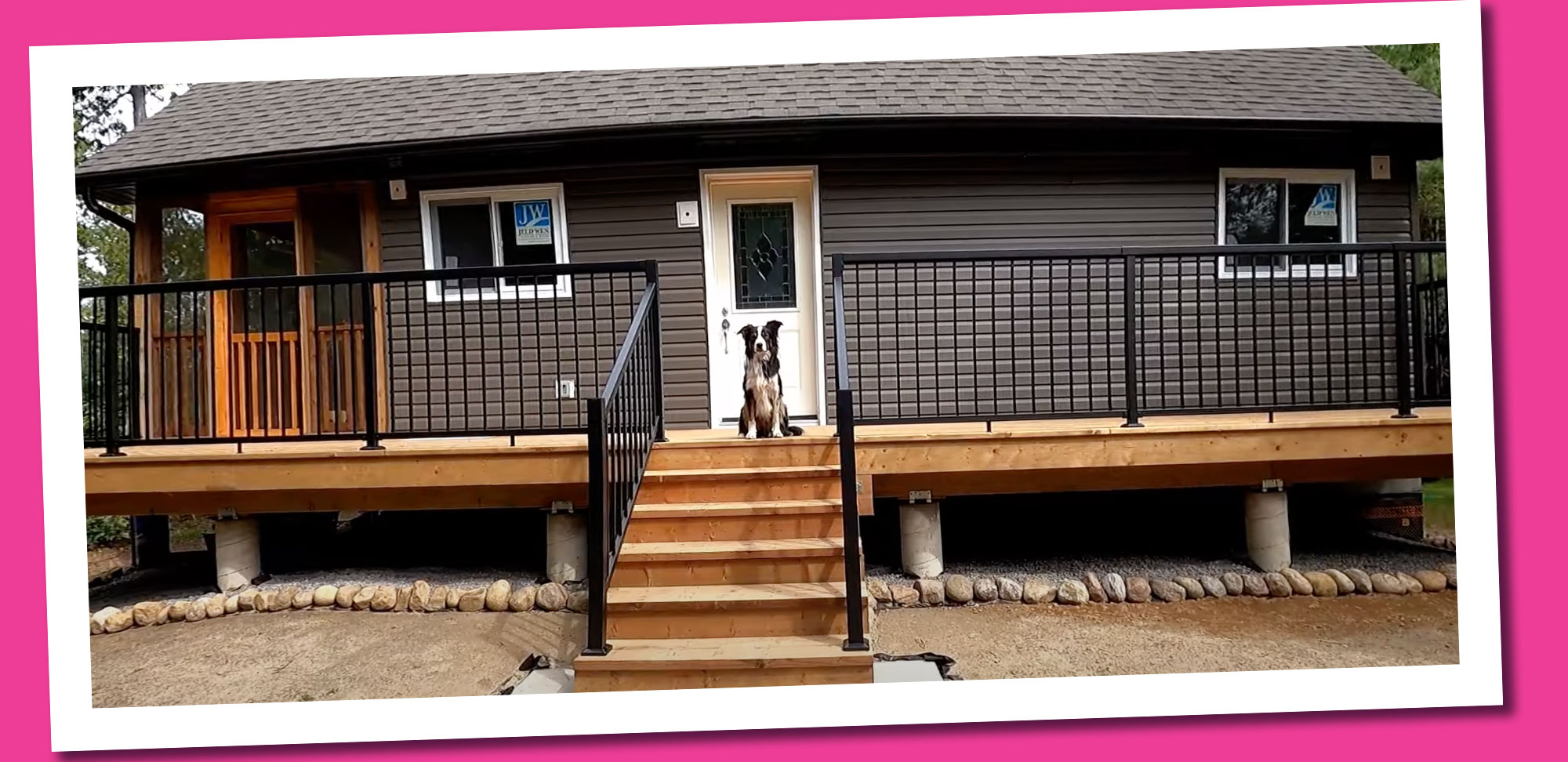COVID-19 reminded us how we’ve tolerated horrific conditions in Canada’s long-term care (LTC) systems. For decades, governments have broken promises, diverted funds, deferred solutions, played blame games, been vague about accountability, and hidden the ugly consequences of cost-cutting tactics.
RTOERO supports the need for national standards for LTC facilities as prepared by the Standards Council of Canada, the Health Standards Organization and the Canadian Standards Association (CSA Group).
These standards reimagine LTC systems from the cellular level based on people-centred care. They promote respect for LTC residents overall and on an individual basis. They include the voices of older people and caregivers aware of current conditions and describe infrastructures to guarantee quality of life, quality of care, quality of environment and quality of commitment.
The standards illustrate that we value our older Canadians. For details on the national standards’ progress, visit longtermcarestandards.ca.
In the introduction to Neglected No More: The Urgent Need to Improve the Lives of Canada’s Elders in the Wake of a Pandemic, André Picard, health reporter and columnist at The Globe and Mail, wrote about the horror LTC residents experienced during COVID-19’s first wave: “There are those who will be looking for villains — politicians, care home operators, workers who walked off the job. But the real villain in this tragedy is society’s profound and long-standing neglect of elders. A reckoning is in order.”
At an RTOERO webinar (https://rtoero.ca/webinar-building-an-eldercare-system-that-actually-cares), Picard said, “The good news is I don’t think eldercare is a partisan issue. The bad news is politicians of all stripes know that it’s not a ballot box issue, so they can safely ignore it. That has to change.”
Governments at all levels will argue needlessly over jurisdiction, accountability and transparency, but we can ensure that officials understand that our votes depend on changing the current LTC situation.
As Picard points out, “Services for elders are spread across five ministries (depending on the province) … we need a minister for seniors/elders (and not a junior minister who is subservient to others like health, housing and social welfare).”
We can pressure elected officials to:
- Adopt the national standards for LTC.
- Publicly advise accountability measurements for monies transferred from federal to provincial coffers.
- Prove to elected representatives that we’re watching and evaluating decisions relevant to eldercare and LTC systems.
- Establish provincial and territorial advocates like British Columbia’s Isobel Mackenzie, who spoke at an RTOERO webinar in the fall of 2021 (ca/webinar-paths-to-wellness-for-older-persons-body-mind-spirit)
Recruit family, friends, colleagues and neighbours to advocate. Each voice is a vote.
Email, phone, drop into offices, write, organize community forums. Make sure elected representatives know you care about improving LTC facilities and practices. One day your parents or you or your children may need the help. As Picard says, “I think we have to start within ourselves.”
To learn more about RTOERO’s advocacy efforts, visit rtoero.ca/vibrant-voices.








